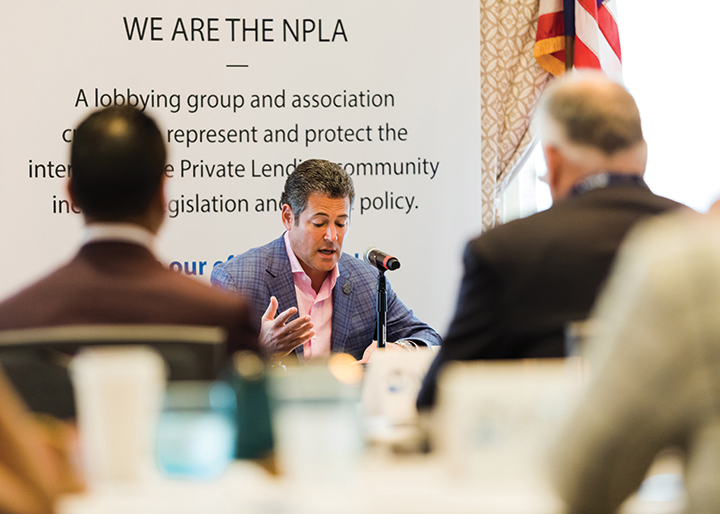Turning the Tide
NPLA & Pitbull Conference By Jon Hornik The National Private Lenders Association (NPLA) is the association that represents and protects the interests of Private Lenders as it pertains to new legislation and public policy. Our organization has built a community of members made up of lenders, capital providers, brokers, developers, and industry service providers. The mission of the NPLA is to support, protect, and grow the Private Lending Industry. Pitbull
Read More











